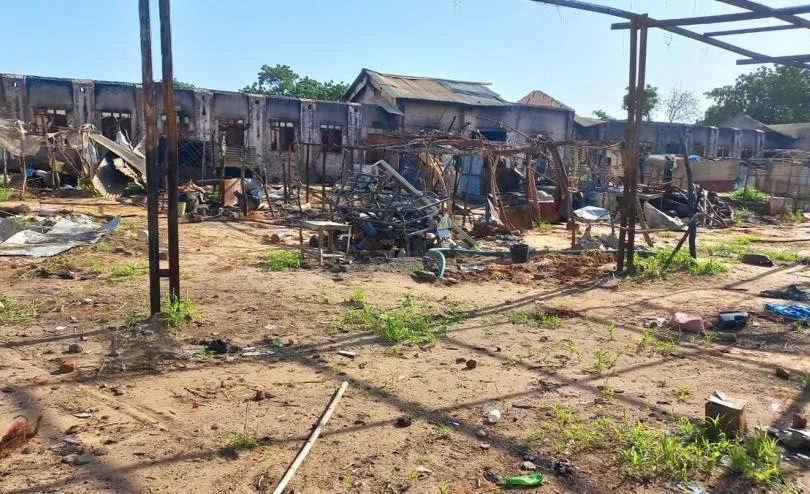Number of Children Displaced Across Sudan Likely Highest In the World
By Raghdan Orsud,Katharina Schroeder and Daphnee Cook
On September 8, 2023

The conflict in Sudan has reached a grim new milestone, with the country now likely holding the highest number of internally displaced people on earth, according to publicly available data.
At least 7.1 million people, including an estimated 3.3 million children, are now displaced from their homes across Sudan, a number which has nearly doubled since devastating conflict ripped through the country mid-April.
The number of displaced people in Sudan now appears to eclipse other war-torn countries with massive internal displacements, including the next highest country Syria (with 6.6 million people), the Democratic Republic of Congo (DRC) (6.1 million people) and Ukraine (5.1 million people).
Millions of desperate families fleeing conflict are now sheltering wherever they can find safety, including in schools, in camps, with relatives, and in some cases out in the open. Many families have found themselves displaced multiple times, when the place they were seeking safety came under attack.
Prior to the conflict, around 3.2 million people were already displaced in Sudan, in addition to 1.1 million refugees who had also already been living in Sudan. Many communities where newly displaced families are arriving are already facing challenges as a result of existing crises, with basic services already overstretched.
Massive aid funding shortfalls, combined with drastically reduced domestic food production and severe water shortages has left displaced families in a dire situation. Looting, delays in approvals and attacks on humanitarian assets, including warehouses have further hampered the relief effort and made delivering essentials to displaced families in some places near to impossible.
Dr. Arif Noor, Save the Children’s Country Director in Sudan, said:
“Millions of displaced children and families need help, now. They need food, water, shelter, clothing, medicines – the absolute basics. Beyond this they need psychological support to help cope with the intense stress they are under. Children have been on the run for four months now; they have lost family members and have watched their homes and schools, places they once felt safe, become rubble. The situation is critical.
“The war in Sudan shows no signs of abating. In fact, it is getting worse. The cost of inaction is severe. The international community needs to step up and work to collectively ensure that funding is channeled directly to community groups, who still have access, and work to secure access to ensurelife-saving aid is delivered to children and families before it’s too late.”
At least 435 children have been reported killed in the conflict and a further 498 have died from hunger, although these figures are an underestimate and the true toll likely to be far higher.
Save the Children has worked in Sudan since 1983. In 2022, Save the Children directly reached 2.1 million people, including 1.5 million children, with programming focused on child protection, access to quality education, health and nutrition support and responding to emergencies.
For more information please contact:
- Raghdan Orsud [email protected]
- Katharina Schroeder [email protected]
- Daphnee Cook, [email protected];
This piece was republished from Save the Children.